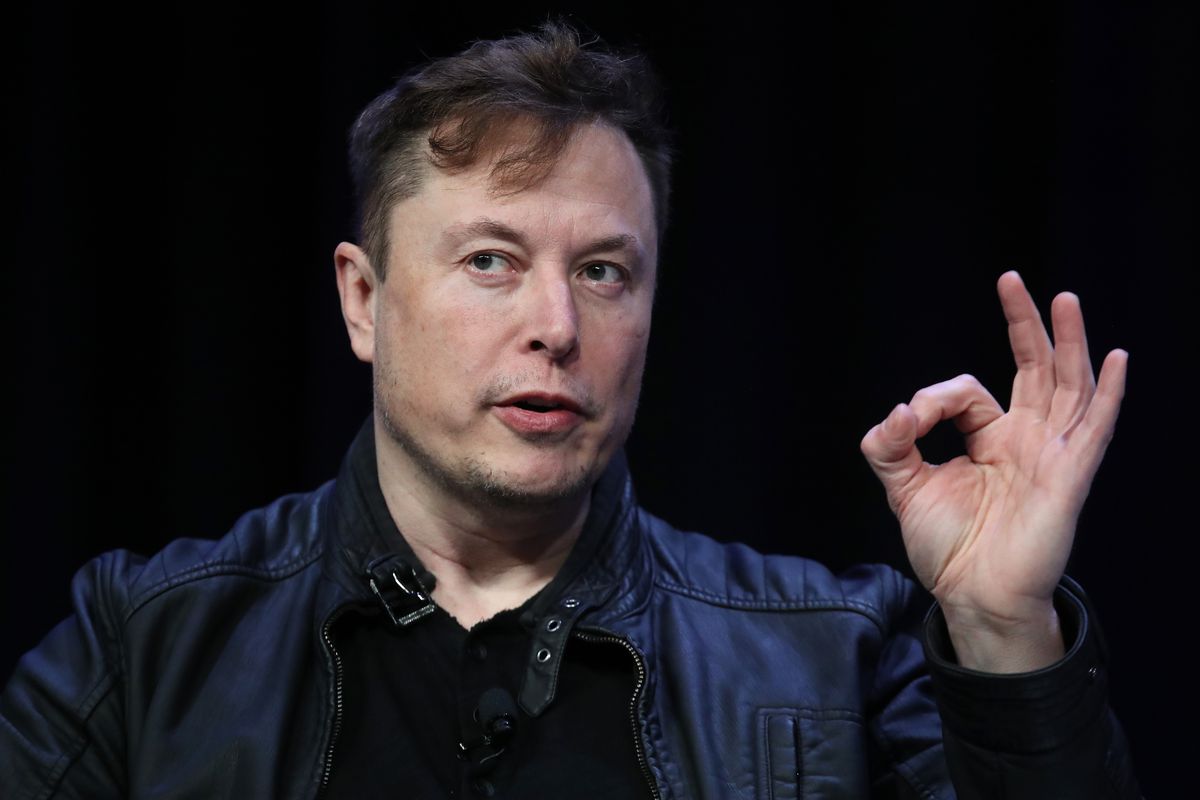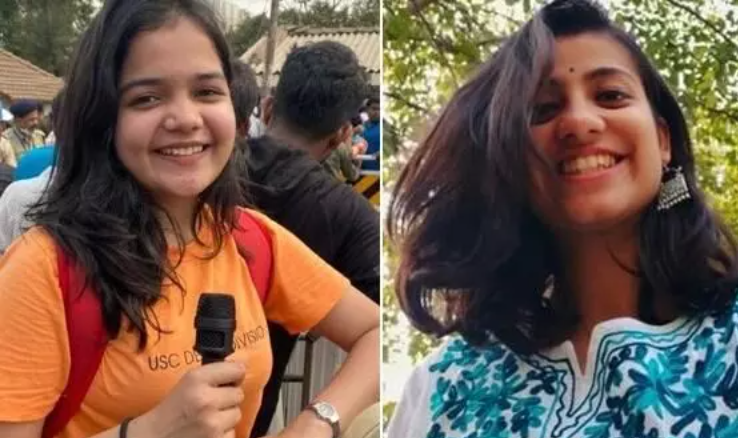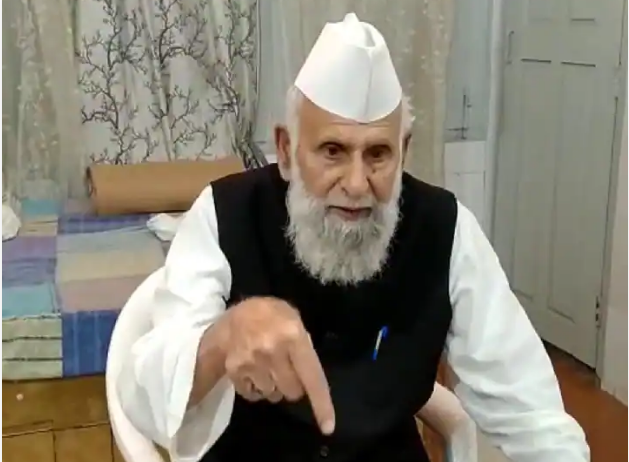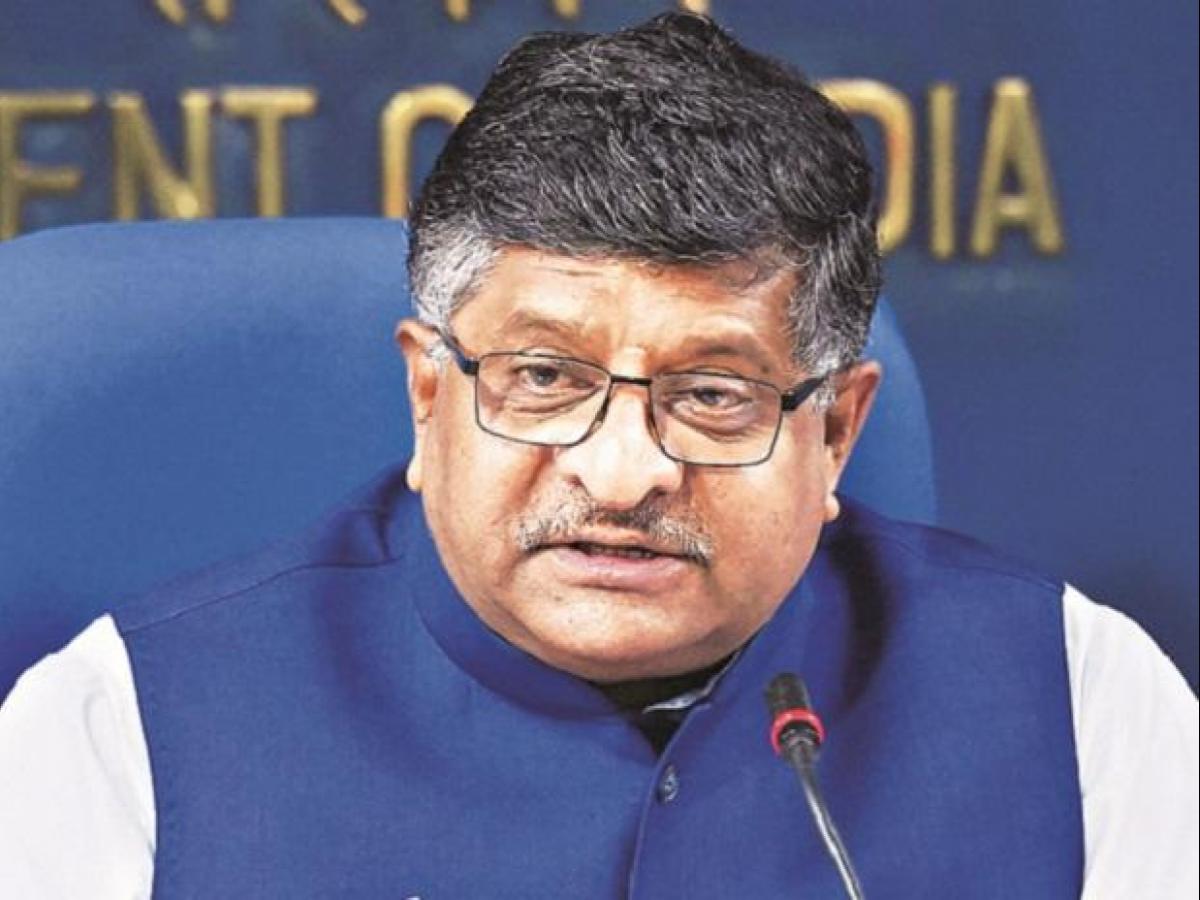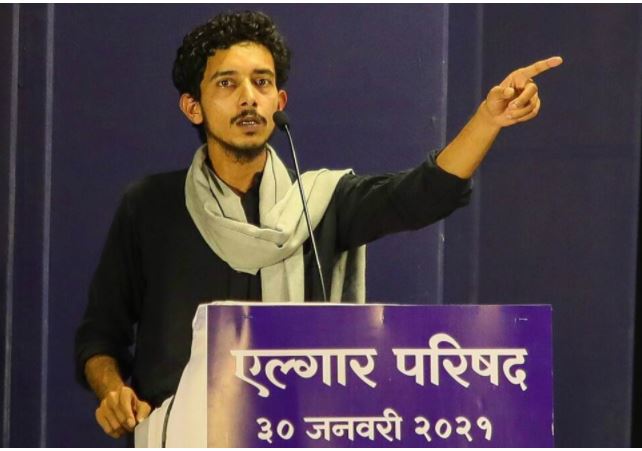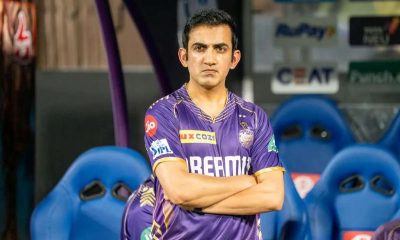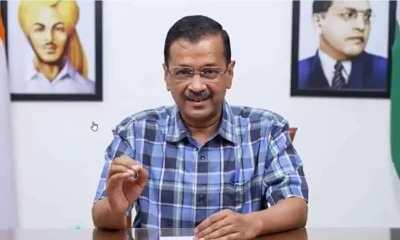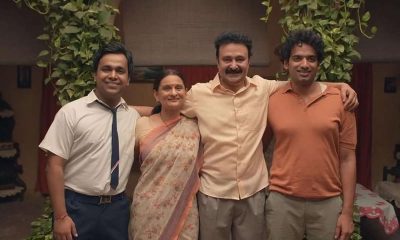India News
Justice Shah: Is this what the value of human life’s coming to?
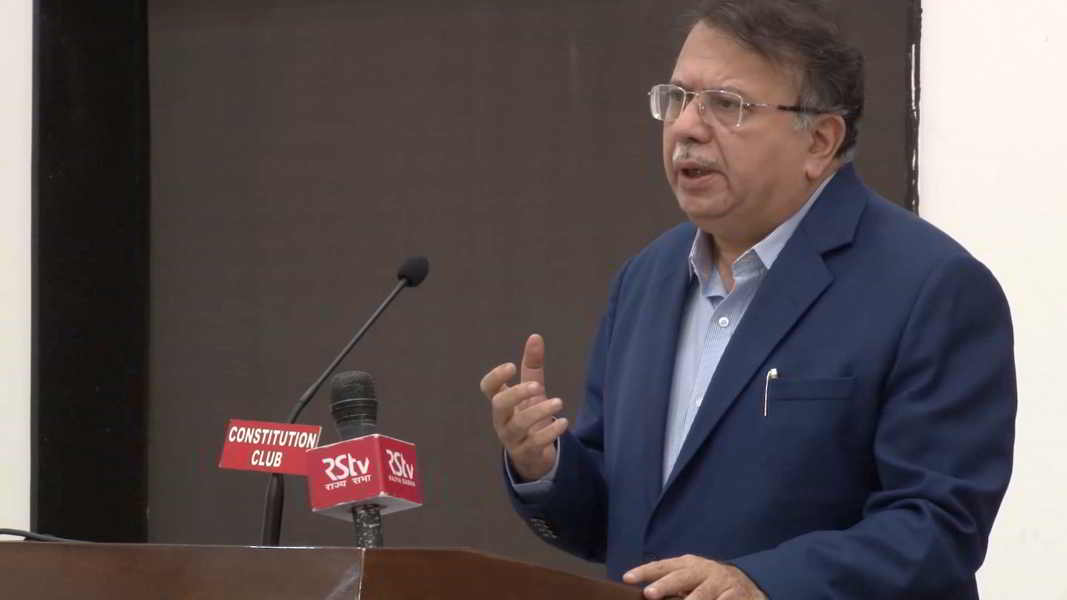
[vc_row][vc_column][vc_column_text]In his lecture on nationalism, he was critical of the apex court’s judgements and upheld freedom of speech
By Sucheta Dasgupta
Former Delhi High Court chief justice Ajit Prakash Shah has provided a whole lot of constructive criticism for the Indian judiciary. Speaking at the MN Roy Memorial Lecture last week, Justice Shah (retired) looked critically into two Supreme Court judgments, one Supreme Court decision, one High Court order, a law and the demand for one made by a leading public figure.
Justice Shah criticized the Supreme Court’s decision to uphold the constitutionality of criminal defamation in Subramaniam Swamy vs UOI case in May 2016. Congress vice-president Rahul Gandhi, Delhi Chief Minister Arvind Kejriwal and BJP leader Subramanian Swamy had challenged the constitutional validity of sections 499 and 500 of the Indian Penal Code, providing for criminal defamation. “Right to free speech is not absolute. It does not mean freedom to hurt another’s reputation which is protected under Article 21 of the Constitution,” the Supreme Court had ruled.
Known for his bold judgements, especially the one which decriminalised homosexuality in 2009, the ex-judge, who retired in 2010, also slammed the top court’s November 2016 order directing all cinema halls across India to play the national anthem before the start of a film, and requiring the audience to stand up as a “show of respect”. “The order of the Court, which seems a little short on reasoning to help understand how such an interim order was passed, befuddles and seems contrary to the spirit of the Constitution and past precedent, Bijoe Emanuel [in this historic 1986 case, a family of Jehovah’s Witnesses won the permission not to sing the national anthem in school, arguing that the act violated their right to worship] which made it clear that we cannot be forced to sing the anthem. It is important to remember that the right to free speech and expression also includes the right not to speak or express ourselves,” Justice Shah explained. “However, under the guise of ‘law’, the Court has now stepped in and restricted our fundamental rights,” he said, adding: “The order may have ensured that cinema audiences throughout are now standing before the national anthem plays, but what the Court fails to have realised is that such an action is a performance, motivated by fear of being beaten up, rather than genuine respect and love for the anthem. In the end, it has actually undermined patriotism amongst fellow Indians”.
Next in his line of fire was the apex court’s decision in March to examine Azam Khan’s statement (that the Bulandhshahr gang-rape, of a woman and a minor, was an “opposition conspiracy”) in the light of the question that it itself raised— whether or not the right to free speech under Article 19(1)(a) is to be controlled singularly by the language under Article 19(2) or it is also impacted by the right to life and personal liberty under Article 21 of the Constitution. Outrageous as Khan’s comment is, for which he later apologised—and the Supreme Court rejected his apology—Justice Shah rightly pointed out that the answer to the aforesaid question may “have a profound impact in restricting the scope of Article 19(1)(a) and undermine our constitutionally guaranteed [fundamental] right”. Besides, he argued, how can one fundamental right be conditional to another one? After all, the remedy of all crises arising out of free speech is more free speech, and everyone is entitled to their opinion, however worthless or malformed those may be.
But, even the Bombay High Court has on occasion failed to protect the right to free speech, Justice Shah said. “Recently [February], it constituted a three-member committee (comprising two lawyers) to give a report on the scenes in the movie Jolly LLB-2 it found ‘objectionable’, because it was prima facie of the view that certain scenes—those involving a cowering judge and some dialogue between the lawyers—were in contempt of the judiciary and the legal profession. Mind you, this was a movie where the CBFC, i.e. the Censor Board, has given the requisite certification for its release. It was also a case where the High Court entertained the writ petition (later converted to a PIL) based only on two trailers and some photographs. The Bombay High Court’s order [directing deletion of four scenes from the film], the report of the three-member ‘committee’, and the proximity of the release date, essentially forced the producers and director of the movie to ‘compromise’ and undertake to make the requisite modifications and deletions to the objectionable scenes,” he maintained.
Justice Shah made a cogent argument for repeal of Section 124-A of the Indian Penal Code, infamous as the sedition law. He reminded his audience of the history of the law, introduced by the British to crush dissent by our freedom fighters. He drew his listeners’ attention to the fact that the United Kingdom, from which India inherited it, has abolished it in 2009. Citing the Supreme Court’s judgement in the 1962 Kedarnath Singh vs State of Bihar case, wherein it limited the application of the law to “acts involving intention or tendency to create disorder, or disturbance of law and order, or incitement to violence”, he said it had been inappropriate to view the JNU sloganeering incident in the same light. Nevertheless, he said, the broad scope of the law “allows it to be used by the state to go after those who challenge its power—whether it is the JNU students, activists such as Hardik Patel and Binayak Sen, authors such as Arundhati Roy, cartoonists such as Aseem Trivedi, or the villagers of Idinthakarai in Tamil Nadu protesting against the Kudankulam nuclear power plant”. Sedition charges seldom stick, but the harassment they cause is immense, he said, completing his argument.
Finally, Justice Shah called for a unanimous rejection by citizens of RSS chief Mohan Bhagwat’s demand for a national law against cow slaughter. “Preventing people from eating the food they want and effectively forcing a life choice on them undermines any feelings of nationalism and unity… We must be wary of forcing a single ideology or way of living on the entire country, especially a country as diverse as India, where states such as Kerala or the various states in the northeast consider beef a staple part of their diet. One reads multiple reports about slaughterhouse crackdowns in UP, crackdowns that are primarily targeted at Muslim butchers, leaving lakhs of people with fear, but without stable employment. We also recently had the horrific incident in Una where seven Dalits were beaten by cow-vigilantes for alleged cow slaughter. And how can we forget the lynching of Akhlaq, who was suspected for allegedly storing and consuming beef, but where the first thing that was sent for forensic examination was not his body, but the food that is in the fridge. Is this what the value of human life comes to?” Justice Shah said, reminding his audience that “only free souls can create abiding cultural values; they may physically belong to one particular class or geographically to a particular country; spiritually, they transcend all social and territorial limitations”.[/vc_column_text][/vc_column][/vc_row]
2024 Lok Sabha Elections
Arvind Kejriwal predicts INDIA bloc will win 300 seats and form next government
Kejriwal was addressing a digital press conference from his residence where he said as different phases of elections are over, it has become clear that on June 4, the INDIA bloc will win and form the next government at the centre.
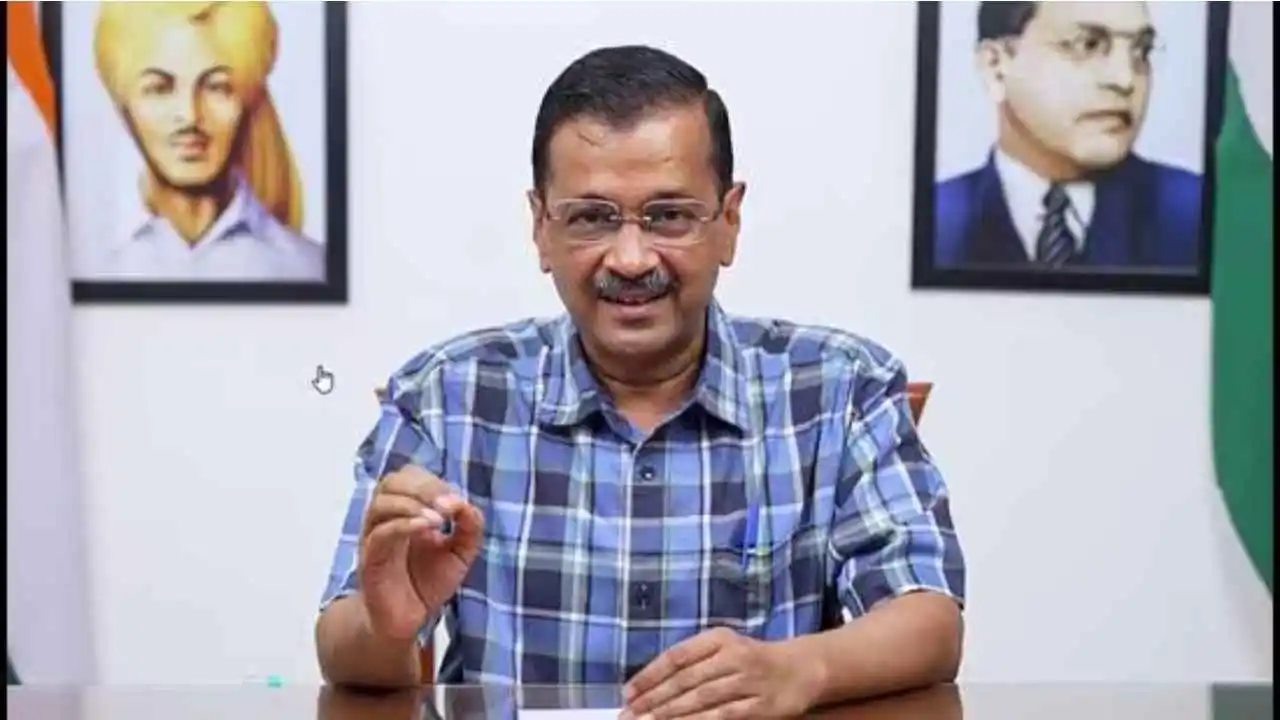
Delhi chief minister and Aam Aadmi Party (AAP) supremo Arvind Kejriwal on Tuesday cited surveys and said the INDIA bloc will win over 300 of 543 Lok Sabha seats and form the next government. He said the 5th phase of the Lok Sabha elections is over.
Kejriwal was addressing a digital press conference from his residence where he said as different phases of elections are over, it has become clear that on June 4, the INDIA bloc will win and form the next government at the centre. The findings of many surveys show that on June 4, the INDIA bloc is going to get over 300 seats. He added that the INDIA bloc is progressing and is on the way to give a clean and stable government.
The Delhi chief minister addressed the press conference days before Delhi’s all seven Lok Sabha seats are due to go for elections in the 6th phase of voting on May 25. The Aam Aadmi Party, a key constituent of the INDIA bloc, is contesting 4 of the 7 Lok Sabha seats in alliance with Congress. The BJP swept the Lok Sabha elections in Delhi in 2014 and 2019, winning all 7 seats.
Top leaders including Prime Minister Narendra Modi, Yogi Adityanath , Amit Shah (BJP), Kejriwal, and Rahul Gandhi (Congress) have campaigned in New Delhi which is going to end on May 23. Earlier The Delhi Chief Minister had slammed Amit Shah a day after he addressed an election rally in Delhi on Monday.
He slammed the union Home minister and said not even 500 people attended Amit Shah’s rally. He accused Shah of abusing the people of the country and Delhi. Kejriwal accused Shah of calling AAP supporters as Pakistanis. He said the people of Delhi gave AAP 62 out of 70 [assembly] seats and asked if they were Pakistanis?
India News
Pune police arrest father after son’s fatal Porsche crash, restaurant owner also detained
Pune Police Commissioner Amitesh Kumar mentioned that the father was detained from Maharashtra’s Sambhajinagar in the morning and was formally arrested after being brought to Pune.
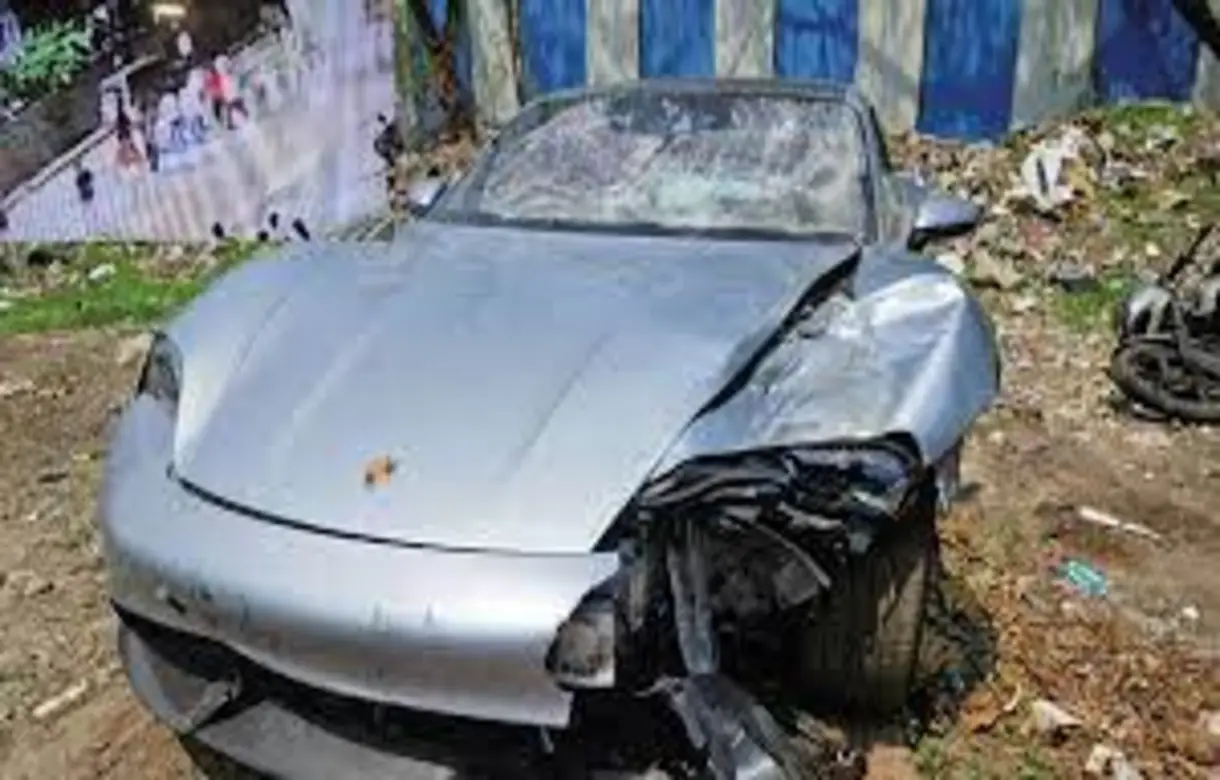
The Pune police have arrested the father of the juvenile involved in the fatal accident that occurred on Monday morning. The minor was driving a Porsche without a registration number, which crashed into a bike, resulting in two deaths. The authorities have also arrested the owners of two restaurants and a staff member for serving alcohol to minors.
Pune Police Commissioner Amitesh Kumar confirmed that the father of the accused has been arrested after he attempted to evade capture. He mentioned that the father was detained from Maharashtra’s Sambhajinagar in the morning and was formally arrested after being brought to Pune.
Among those arrested were Pralhad Bhutada, owner of Cosie, and Sandip Sangale, owner of Blak Club. The Pune Police Commissioner added that the license holders of two restaurants and one more person were arrested late last night and would be produced in court today.
The minor’s father, a prominent real estate developer in Pune, reportedly manages a famous club and has built a star hotel in addition to several significant projects. The Pune Police have booked the aforesaid people under the Motor Vehicles Act (MVA) and the Juvenile Justice Act (JJA) for failing in their duties as guardians and for allowing the minor to drive without a license.
The Yerawada police arrested the father for permitting the minor to drive, while the restaurant owners and staff were charged for serving liquor to the minor. The Police have invoked sections 3, 5, and 199A of the Motor Vehicle Act, 1988, and sections 75 and 77 of the Juvenile Justice (Care and Protection of Children) Act, 2015. The action was taken after police found that the Porsche, purchased in March, had not been registered.
Meanwhile, Leader of Opposition in Maharashtra assembly Vijay Wadettiwar demanded a judicial inquiry into the accident. He said that there is a question mark on Pune Police’s investigation, therefore a judicial inquiry should be conducted in this case.
He further pointed out that the police have reported that the alcohol test of the accused in the Pune accident was negative, but the CCTV footage of the accused, who is a minor, is drunk and that the report is raising a question mark on the police investigation.
India News
Uttarkashi authorities issues order to limit movement of horses and mules on Yamunotri Dham pilgrimage route
The District Magistrate Dr. Meherban Singh Bisht issued an order that the maximum number of horses and mules going from Janki Chatti to Yamunotri and vice versa has been limited to 800.
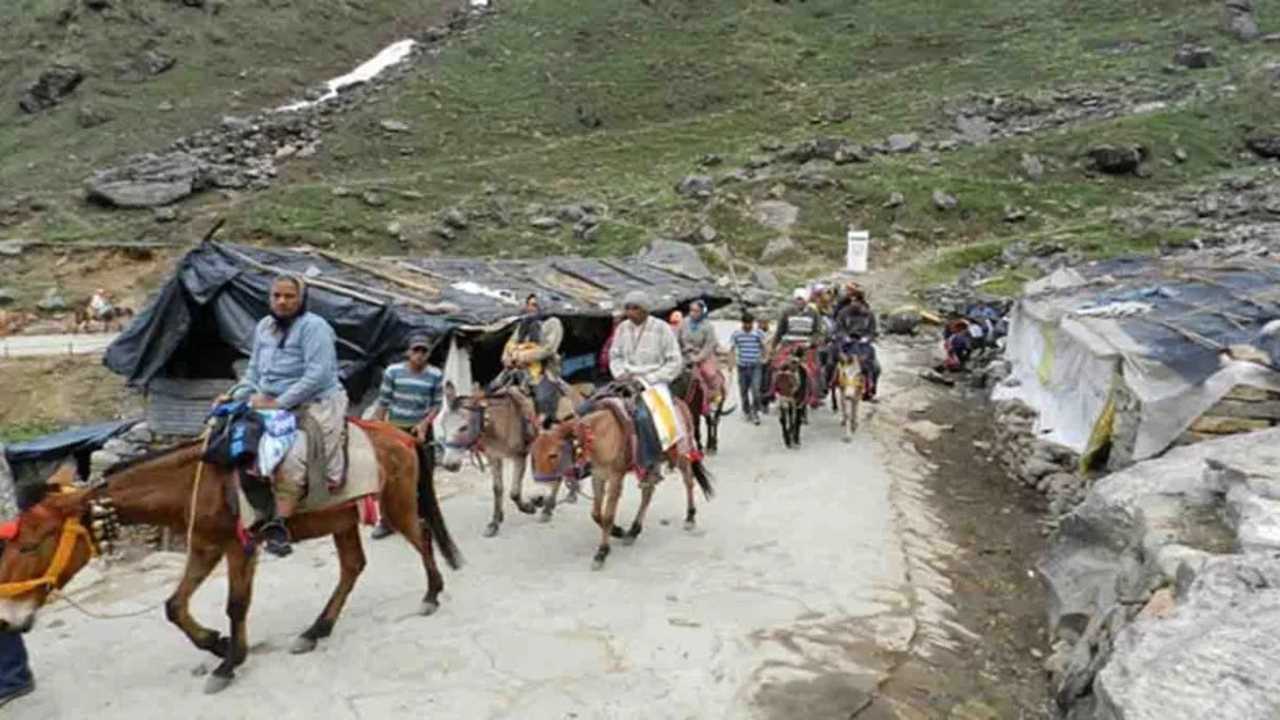
In an effort to ensure the safety and convenience of piligrims, the district authorities of Uttarkashi have issued an order to curb the movement of horses and mules on the Shri Yamunotri Dham foot pilgrimage route.
The District Magistrate Dr. Meherban Singh Bisht issued an order that the maximum number of horses and mules going from Janki Chatti to Yamunotri and vice versa has been limited to 800. Additionally, the time for their movement is restricted to between 4 a.m. and 5 p.m. The District Magistrate has instructed the relevant departments and officials to promptly execute the above-mentioned orders and see to it that they are followed by all. He has also instructed the relevant department and officials to promptly execute the mentioned order.
On May 19, a significant number of devotees visited the holy sites of Gangotri and Yamunotri Dhams in Uttarakhand. By 2 p.m. on Sunday, approximately 10,000 devotees worshipped at Gangotri Dham, while 28,000 pilgrims were en route to Gangotri. Similarly, at Yamunotri Dham, 8,500 people had worshipped, and 20,000 individuals were progressing along the Yamunotri route from various stops.
The order also imposes a complete ban on the movement of horses, mules, and sticks beyond the Ghoda Padav in Shri Yamunotri Dham. Violators will be punishable under Section 188 of the Indian Penal Code (IPC), as per the DM’s order. This decision was prompted by a joint report submitted by the Barkot’s Sub-District Magistrate, Deputy Superintendent of Police, and Uttarkashi Additional Chief Officer of the District Panchayat. The report emphasized the need for crowd control to safeguard pilgrims, lives, and property.
The Char Dham Yatra, which includes sites like Yamunotri, Gangotri, Kedarnath, and Bedrinath, began on May 10 this year. Uttarakhand witnesses a peak in pilgrimage season during the summers, drawing thousands of devotees to these sacred destinations.
-

 India News23 hours ago
India News23 hours agoAAP leader Sanjay Singh accuses BJP of planning an attack on Delhi CM Arvind Kejriwal
-

 India News22 hours ago
India News22 hours agoMessages threatening Arvind Kejriwal appear on walls of Delhi metro station, inside trains, AAP blames BJP
-

 Entertainment21 hours ago
Entertainment21 hours agoJacqueline Fernandez stuns in custom sequin gown at Cannes 2024
-

 Entertainment23 hours ago
Entertainment23 hours agoYami Gautam, Aditya Dhar welcome baby boy Vedavid
-

 Entertainment21 hours ago
Entertainment21 hours agoMalayalam film industry crosses Rs 1,000 crore worldwide, Bollywood, Telugu films left struggling
-

 2024 Lok Sabha Elections21 hours ago
2024 Lok Sabha Elections21 hours agoVoter turnout of 56.68% recorded till 5pm in 5th phase of Lok Sabha elections
-

 India News21 hours ago
India News21 hours agoMinor crashes Porsche killing two in Pune, granted bail in 15 hours, asked to write essay
-
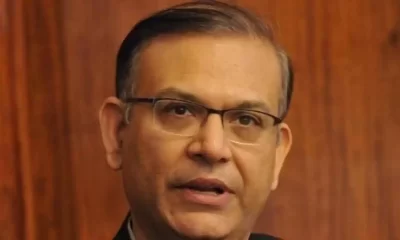
 2024 Lok Sabha Elections4 hours ago
2024 Lok Sabha Elections4 hours agoBJP issues show-cause notice to MP Jayant Sinha for not voting in Lok Sabha Elections

